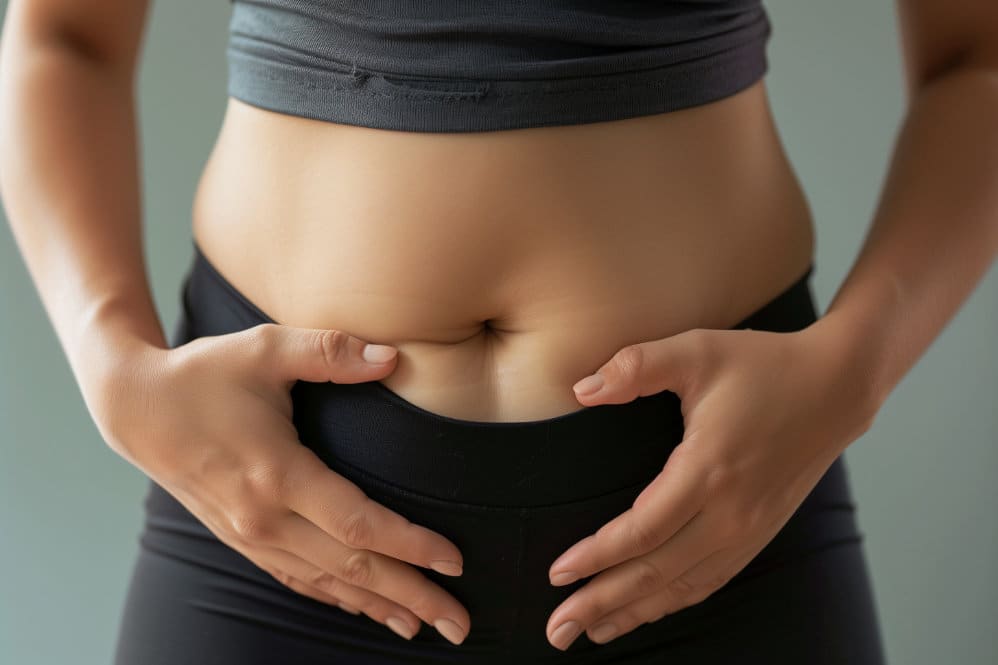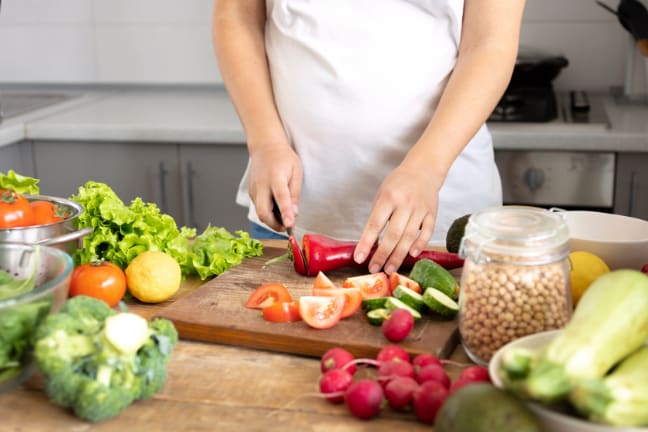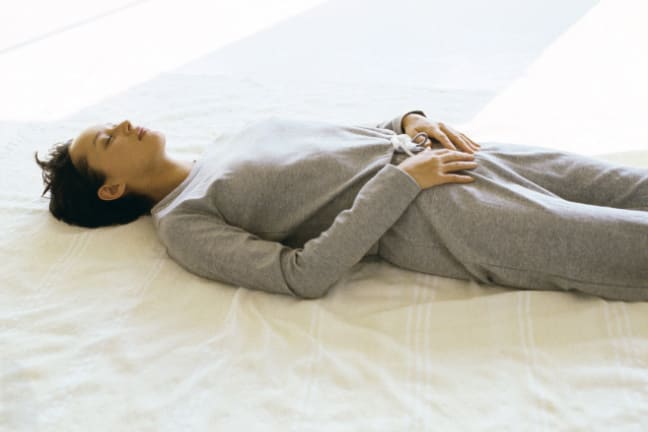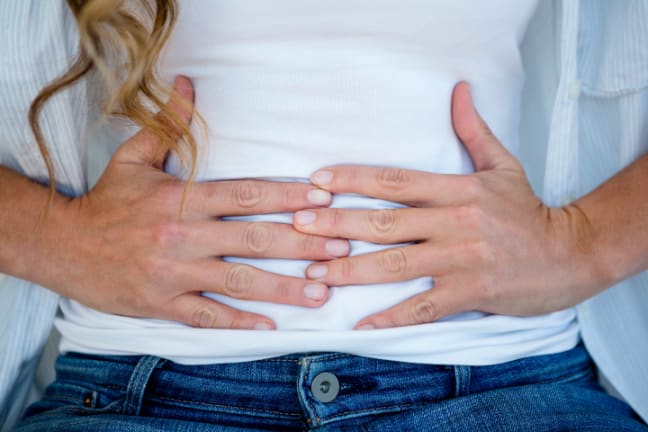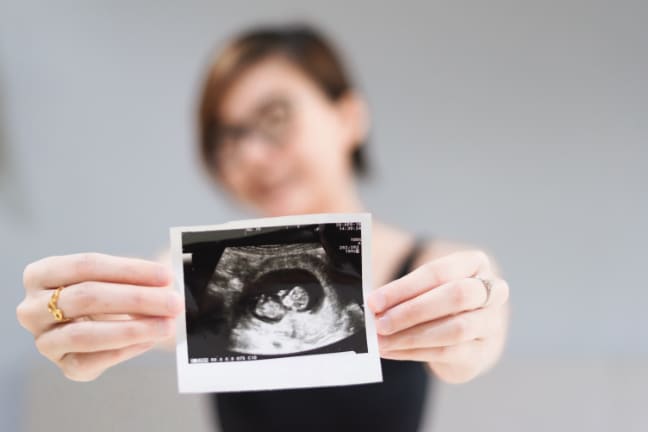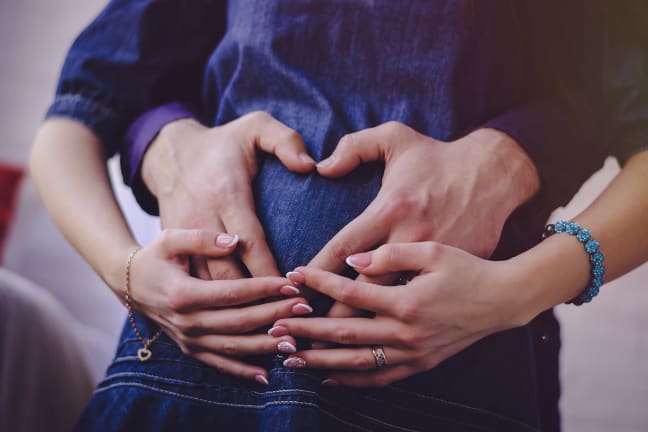Introduction
This week there are a few things to be aware of. You might need the little girl’s room more often, so don’t stray too far. It’s worth being prepared! Even though you may need the loo more often you still need to keep well hydrated. This helps to avoid urinary tract infections in pregnancy. Breasts feel heavy? They might be a bit more tender as well. Read more on what to expect at 7 weeks pregnant.
What happens at 7 weeks pregnant?
Baby is around 10mm long now. It may not seem much but compared to a month ago your blueberry-sized being is 10,000 times bigger at 7 weeks pregnant.
A lot of that growth is in baby’s head. Baby’s brain is growing quicker than any other part of their body – the left and right chambers have formed. The ‘sense organs’ are coming along nicely too, with the eyes, ears, nose and mouth starting to form.
Excitingly, the pulmonary and digestive systems are also taking shape. And the heart of your baby has now developed enough for you to spot it beating on an ultrasound.
What happens to your body at 7 weeks pregnant?
Your tummy isn’t giving anything away just yet but your increasing cup size is starting to show. You’ll be feeding a hungry little milk guzzler in 33 weeks’ time, so no wonder your breasts are fuller and even a little tender. Maybe they deserve some TLC. A fancy moisturiser and a comfy new bra? At 7 weeks pregnant some women start to feel little twinges in the pelvis too – that’ll be the intensified blood flow and is a normal part of growing a baby.
Talking of blood flow, there’ll be plenty more heading to your kidneys now, so you might need to skip to the loo more often.
Hormonal changes could mean you’re feeling more irritable and tense these days which can sometimes get you down. Try not to worry too much, this happens to many mums to be and is a normal part of the pregnancy journey. Find out more about how to deal with first trimester anxiety with our handy checklist.
What to eat in week 7 of pregnancy
Now you’re 7 weeks pregnant there are loads of healthy foods you might want to increase in your pregnancy diet. However, some favourites might have to be cut down, or even cut out - annoyingly. Here’s a few things to avoid for a healthy pregnancy:
-
Ciao espresso. Caffeine should be limited to a maximum of 200mg a day, or two cups of instant coffee, because caffeine is linked to low birth weight and even miscarriage. It’s also a diuretic so it makes you wee more often. This includes fizzy drinks like cola.
-
Pâté is off the menu. Liver pâté. Vegetable pâté. Mushroom pâté. They all carry a risk of listeria.
-
Don’t be so cheesy. Unpasteurised milk as well as mould-ripened and blue-veined cheeses could contain listeria.
-
This one’s easy. Avoid shark, marlin and swordfish and raw shellfish as they contain high levels of mercury, which could affect your baby’s nervous system.
-
Don’t go rare. Undercooked meat or eggs may contain bacteria which could harm your baby.
-
Just a cheeky one? Excessive alcohol is associated with many foetal problems so the safest bet is to avoid it altogether. Same goes for cigarettes
What are the symptoms of 7 weeks pregnant?
Week 7 pregnancy symptoms – many trips to the loo. We’ve said it already but you may need to go to the loo more often. Hormonal changes and an increase in the volume of your blood means more blood flowing to your kidneys. All the extra fluid then fills up your bladder. This can begin in the early days and then when the baby grows your bladder becomes a cushion - which can have you dashing to the bathroom more often.
How to stop morning sickness in early pregnancy
Feeling nauseous? Don’t worry; morning sickness is common and can occur at any time of the day. It’s just your body getting used to all the changes.
There are a few things you can do to help, see our morning sickness survival guide, or try our handy checklist.



